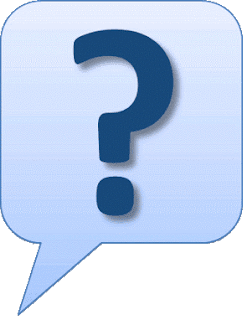The use of questions: learn how to make questions and how to answer exactly without making mistakes.
BUYING A TRAIN TICKET
Travel agent: Can I help you?Customer: Do you sell rail tickets?Travel agent: Yes, certainly.Customer: I need a return ticket from Bristol to Paddington.Travel agent: When are you travelling?Customer: Tomorrow, Thursday. Coming back the same day.Travel agent: Arc you leaving before ten o'clock?Customer: It's cheaper after ten, is it?Travel agent: It's cheaper if you leave after ten and return after six.Customer: What time is the next train afir ten o'clock.Travel agent: Ten eleven.Customer: Oh, fine. And how much is the cheap ticket?Travel agent: Thirty-two pounds.Customer Can I have one then, please?
The most basic use of a question is to ask for
information.
What time is the next train? == >Ten eleven.
But we can use questions in other ways, especially
with modal verbs. e.g. can.
Note:
There are also ‘rhetorical questions’, where an answer
is not usually expected.
What do you think will happen? == > who
knows?
You're always criticizing me. But have I ever
criticized you?


